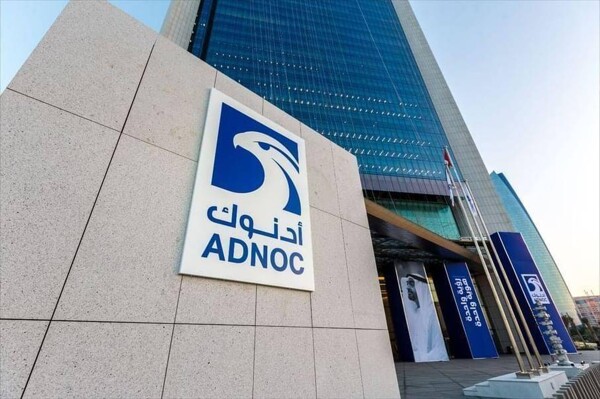
Libraries stand at a crossroads between their rich past tied to paper and a future dictated by the language of technology and artificial intelligence. They face numerous challenges regarding their remaining role and how to revive their relationship with the younger generation, adapting to their interests and language.
According to Fahd Al-Mumari, President of the Emirates Library and Information Association, the library of today is an extension of the libraries of Islamic and Arab civilizations, from the House of Wisdom to the present day. It remains a major intellectual center, even though interactive and digital books have evolved significantly. He added that publishing shapes the future of libraries, especially as it is influenced by artificial intelligence, a partner that libraries must cooperate with. He stressed the need to understand the mindset of the younger generation by providing them with interactive books, digital libraries, and special AI sections to attract them to libraries.
Ibrahim Al-Khadam, Licensing Director at the Emirates Media Council, spoke about the value of libraries in this era, describing them as centers of intellectual activity and life, not just places for isolated researchers. He highlighted that libraries worldwide have dedicated areas for discussions and events, citing the Mohammed bin Rashid Library as a place for serious dialogue and the birth of new ideas.
A group of writers, experts, and publishers confirmed that the dominance of technology has not diminished the pivotal and historical role of libraries, especially as many have kept pace with the digital age. They noted that modern libraries, as a bridge between the past and the future, must go beyond the books on their shelves. They need to engage with the younger generation through artificial intelligence and programs of activities that revive their relationship, adapting to their language and interests.
In this fast-paced, technological era, knowledge is no longer confined to library shelves or paper books but has moved to digital spaces accessible via smartphones and computers.
Egyptian novelist Mohamed Samir Nada described libraries as a sanctuary, noting that he was able to build a library of five thousand books. He lamented that the younger generation is wronged by the different distractions offered to them compared to previous generations, accustomed to 30-second "Reels" rather than reading a book to follow a story. He believes the younger generation is a victim of this era's tools, having lost the ability to create visual pleasure from imagination, and is losing valuable experiences, culture, and vocabulary for fleeting visual amusement.
Professor of Arabic Language and Literature at the University of São Paulo in Brazil, Safa Jibrane, believes the importance of libraries does not diminish, as nothing compares to holding a physical book. She noted that her students use e-books but also love physical books and visit libraries regularly. She emphasized the importance of libraries embracing new technologies without forgetting their origins, offering various activities to attract readers.
Melina Achouni from the French publisher "Boxeignant" stated that the importance of libraries cannot be canceled, especially for children, as building a relationship with libraries from a young age creates a different taste. She mentioned that libraries are adopting modern technology gradually, requiring patience, as these technologies take their place in publishing.
Roola Al-Bana from the "Rula Literary" agency pointed out that the importance of libraries is renewed from one era to another. She stated that the belief in the declining role of libraries in a fast-paced consumerist society is unrealistic. She considered the Mohammed bin Rashid Library a global model, constantly renewed by its activities, and that organizing events tailored to the interests of young people is the key to attracting them.













